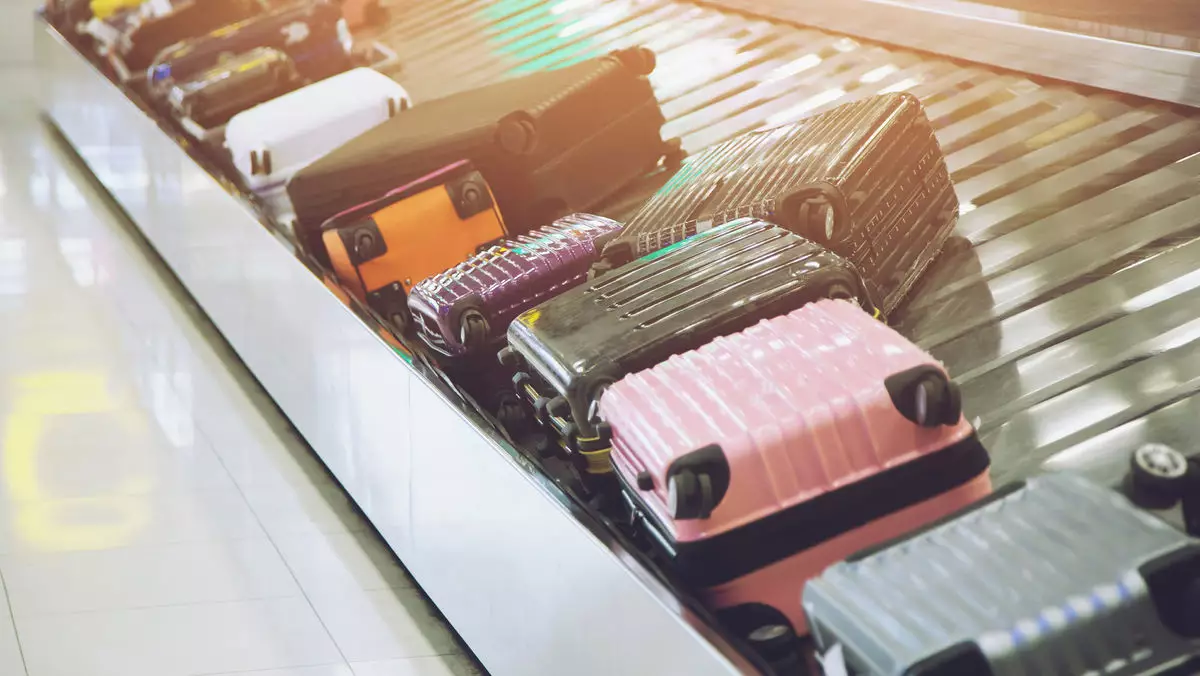Lost or delayed bags can turn a dream vacation or a crucial business trip into a nightmare. The fear of facing such a calamity led IATA director general Willie Walsh to avoid checking a bag for 35 years, as revealed during a speech in Chicago last fall.
Recognizing the urgency to address one of the biggest vulnerabilities in baggage handling – interline baggage transfer, the International Air Transport Association (IATA) is launching a pilot project to test a digital messaging standard for baggage exchange communication. This initiative aims to enhance collaboration among airlines and airports to ensure seamless delivery of checked bags across interline itineraries.
IATA’s endeavor to improve baggage handling is part of its broader goal to modernize the aviation industry by moving away from legacy systems that impede progress. By introducing digital messaging standards for baggage exchange, airlines will be able to share crucial information such as bag images and geolocations that are not supported by traditional bag messaging technology.
Globally, airlines mishandled 6.9 bags per 1,000 last year, with the rate spiking to 12.1 per thousand on international routes where interline itineraries are prevalent. The baggage mishandling issue has been identified as a major source of negative experiences by flyers, particularly during drop-off and collection, according to IATA’s 2023 World Passenger survey.
Resolution 753 and Bag Tracking
In 2018, IATA introduced Resolution 753, mandating airlines to track baggage at key points in their journey and share this information with interline partners. A recent survey by IATA revealed that 44% of airlines had fully implemented Resolution 753 requirements, with another 41% in the process of doing so. However, the high cost and inefficiencies of legacy messaging technology like Type B are hindering widespread adoption.
The antiquated Type B messaging technology, dating back to the 1960s, continues to be a costly burden on airlines, with an annual industry expense of $1.05 billion for baggage messaging. By transitioning just 10% of baggage messaging to digital platforms, the industry stands to save an estimated $70 million annually.
Transfer mishandling emerged as a significant cause of delayed bags, accounting for 46% of incidents last year. The lack of effective communication between airlines at transfer points poses a considerable challenge in ensuring seamless baggage handling. Developing a digital messaging standard for baggage exchange is seen as a viable solution to enhance communication and reduce mishandling incidents.
While implementing a new digital messaging standard for baggage handling may not be overly difficult or expensive, achieving global adoption will undoubtedly be a complex endeavor. However, the potential benefits in terms of improved efficiency, cost savings, and passenger experience make it a compelling initiative for the aviation industry to pursue.


Napsat komentář